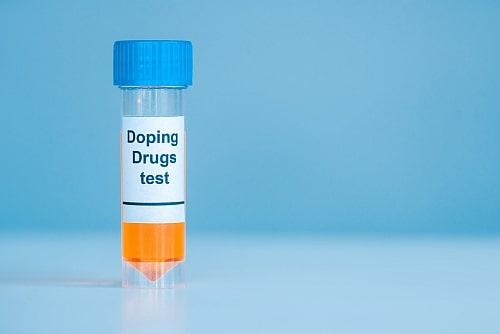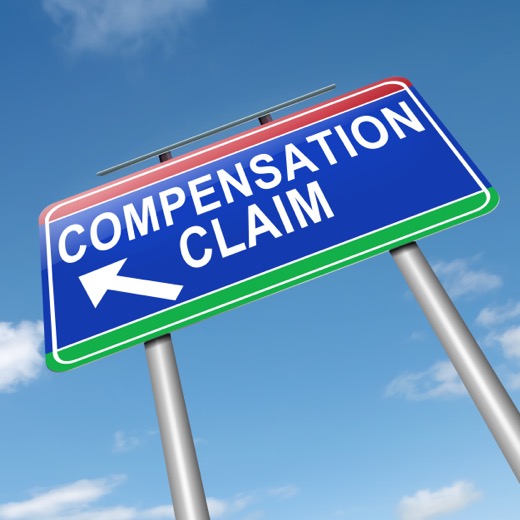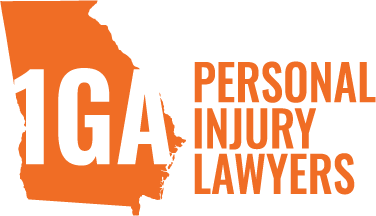When workplace injuries occur, seeking workers’ compensation is the rightful recourse for injured workers in Georgia. However, the complex interplay between drug testing and workers’ compensation claims adds another layer of navigation for both employers and employees. This blog delves into the intricacies of this topic, aiming to shed light on the relevant laws, legal precedents, and potential challenges in this arena.
Employer’s Right to Test: Striking a Balance
Georgia law grants employers the right to implement drug-free workplace policies, which often include mandatory drug testing in various scenarios. Following a workplace injury, an employer can:
- Require a post-accident drug test: This test, typically conducted within eight hours of the incident, aims to determine if intoxication by alcohol or drugs contributed to the injury.
- Implement reasonable suspicion testing: Based on observable signs of drug use at work, an employer can request a drug test.
- Conduct random testing: However, this practice is subject to stringent regulations and requires specific safeguards to protect employee privacy.
It’s crucial to remember that while employers have the authority to test, these actions must comply with state and federal laws on employee privacy and equal opportunity.
Impact of a Positive Test on Workers’ Compensation Claims:
A positive drug test can undoubtedly complicate a workers’ compensation claim. However, it doesn’t automatically disqualify the employee from receiving benefits. The key consideration hinges on whether the drug use contributed to the injury:
- Direct Causation: If the positive test conclusively proves that the drug use directly caused the accident, the employer can deny benefits under O.C.G.A. § 34-9-17(b). For example, an employee operating heavy machinery under the influence of a narcotic clearly jeopardized their own safety and contributed to the resulting injury.
- No Direct Causation: If the drug use had no bearing on the incident, the employee’s claim remains valid. For instance, if an office worker slips and falls on a wet floor while sober, a positive drug test wouldn’t negate their right to seek compensation.
The burden of proof in such cases generally rests with the employer, who must demonstrate the causal link between drug use and the injury.
Refusal to Test Potential Consequences:
An employee’s refusal to undergo a drug test following a workplace accident can trigger consequences:
- Denial of workers’ compensation benefits: Refusal without reasonable justification is often interpreted as an admission of drug use and its potential role in the incident, leading to benefits denial.
- Disciplinary action: Employers may have internal policies establishing disciplinary measures for refusing a drug test, potentially ranging from reprimands to termination.
However, it’s important to note that employees have the right to question the testing procedures, request alternative testing methods if available, and consult with an attorney before submitting to a test.
Seeking Guidance: Protecting Your Rights
Navigating the complexities of drug testing and workers’ compensation can be daunting. Both employers and employees should consider seeking legal guidance to ensure their rights are protected:
- Employers: Consulting with an attorney versed in employment law can help craft compliant drug-free workplace policies, handle testing procedures in accordance with the law, and understand their legal standing when contesting claims based on drug test results.
- Employees: Seeking advice from a workers’ compensation attorney can offer much-needed support in understanding their rights after a workplace injury, challenging an unfair denial of benefits based on drug test results, and ensuring they receive the rightful compensation they deserve.
The intersection of drug testing and workers’ compensation in Georgia necessitates thoughtful navigation. While employers have the right to maintain a safe and drug-free workplace, they must exercise this right within the bounds of the law. Similarly, employees must understand their rights regarding testing procedures and claims denial based on drug test results.
With legal guidance from 1Georgia Law Firm, employees can navigate this complex arena with clarity and protect their rightful interests. Contact us at 678-635-9939 for a free case review.









